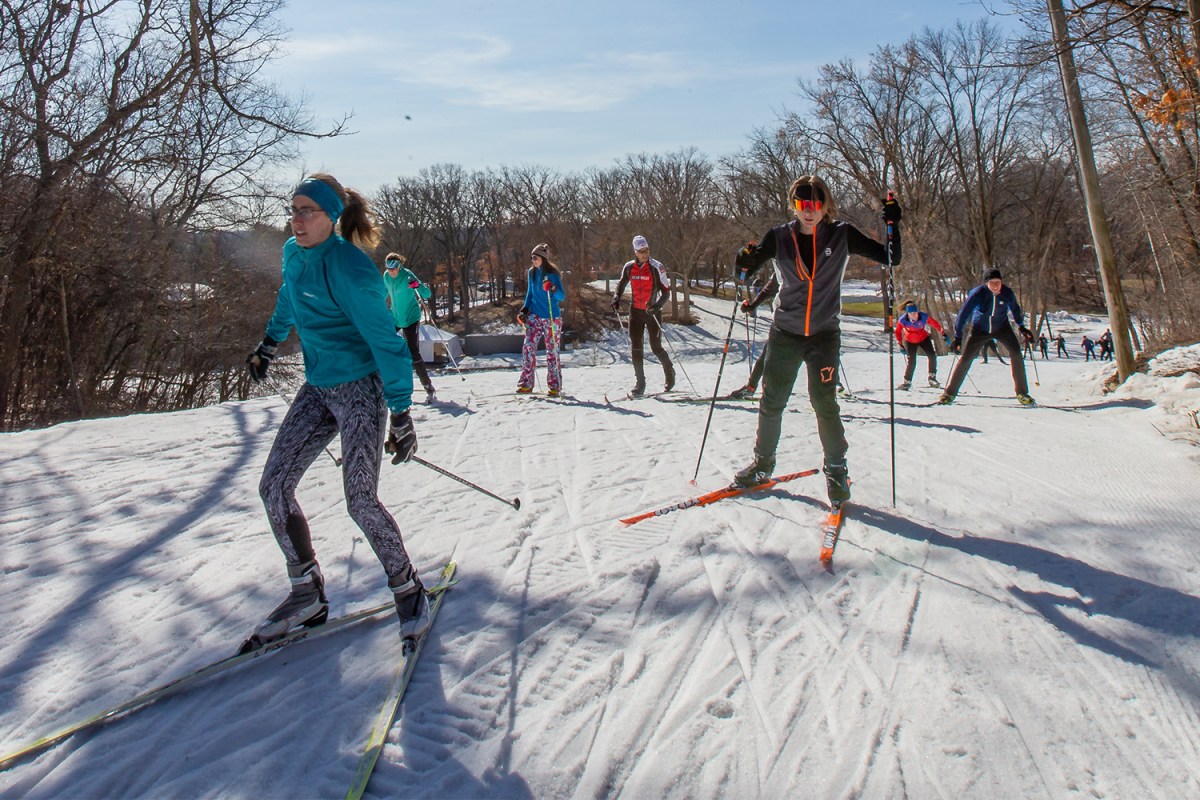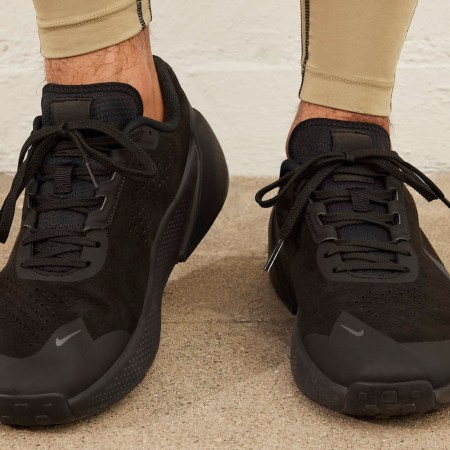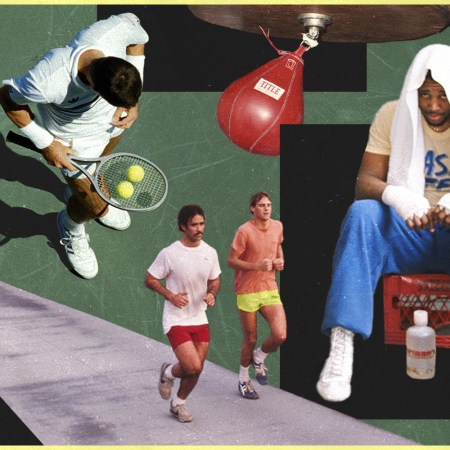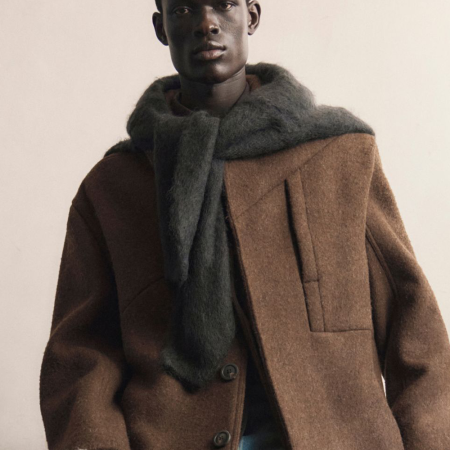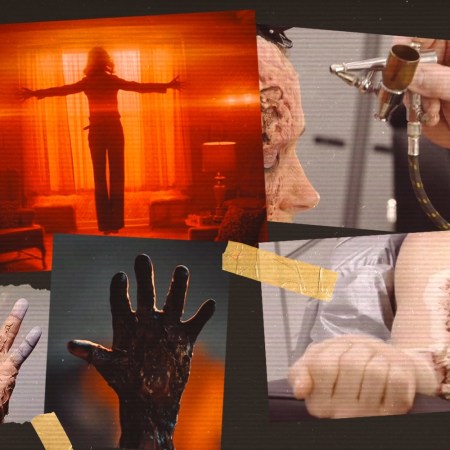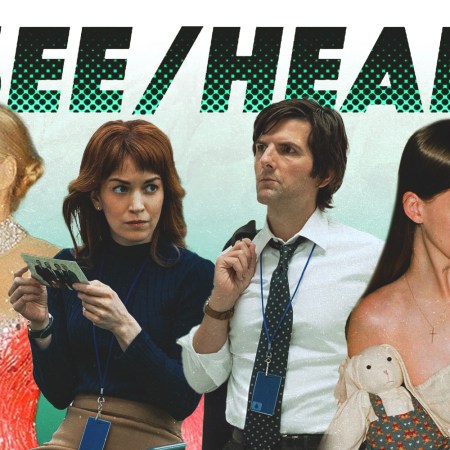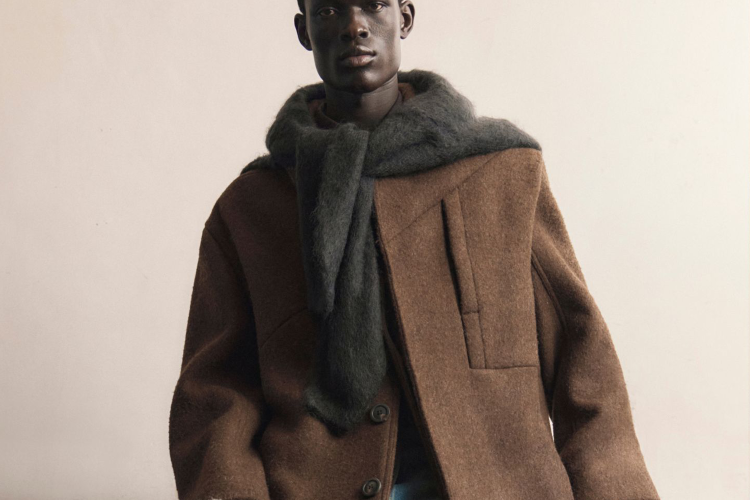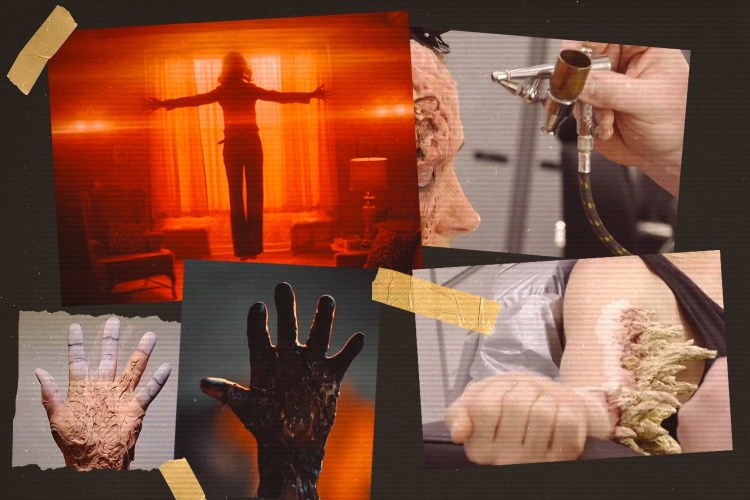In the age of coronavirus, everything seems to be canceled. In the sports world, it’s not just the NBA, MLB and NHL, but individual outdoor sporting competitions like marathons are being shut down or postponed. The Boston Marathon, for instance, will not be held as scheduled for the first time in 124 years. But in your neck of the woods? It might seem like everyone is training for a run.
As the COVID-19 outbreak forces gyms to close and workers into their own homes, people are beginning to find solace in taking walks and running in small groups. Outside magazine even looked at the bright side of race cancellations, wondering if people will find the joy in jogging again. Even San Francisco, which is currently under a shelter-in-place order, decreed it’s “OK to go outside for walks or bike rides if you are not in a group.” But looking beyond the casual jaunt around your neighborhood to other forms of outdoor activity, you may be wondering, is it OK to be playing outside even in small groups at a time like this?
All the way up in Minneapolis, Minnesota, there happens to be a case study that inadvertently tackled this exact question. On Tuesday, March 17, the city was supposed to play host to an International Ski Federation (FIS) Cross-Country World Cup race, which in turn was the main event of a four-day skiing festival. It would have been the first time in 19 years that one of these races would be held anywhere in the United States.
“Here’s a little context: It’s basically the same athletes that you’d see in the Olympics,” John Munger, executive director of the nonprofit Loppet Foundation which organized the event, told InsideHook. “[The FIS World Cup] is a little bit like the NFL, it’s a little bit like the Tour de France, where you have different stops over a period of time and all those points add up. There are typically 14 to 20 million viewers of these events, so it’s a really big international audience.”
It was a big deal all the way around, from the global stage to Theodore Wirth Park where the race was scheduled to take place. But on Thursday, March 12 at 2:30 a.m. Central Time (FIS is headquartered in Switzerland, which necessitated the early announcement), the event was canceled due to the spread of the coronavirus. That cancelation, by itself, isn’t a surprise. But what came next certainly was.
Instead of shutting down the world-class cross-country ski sprint course, cutting their losses and packing up for the winter, the Loppet did something incredible: they finished setting up the stadium and opened up the course to the public … for free.
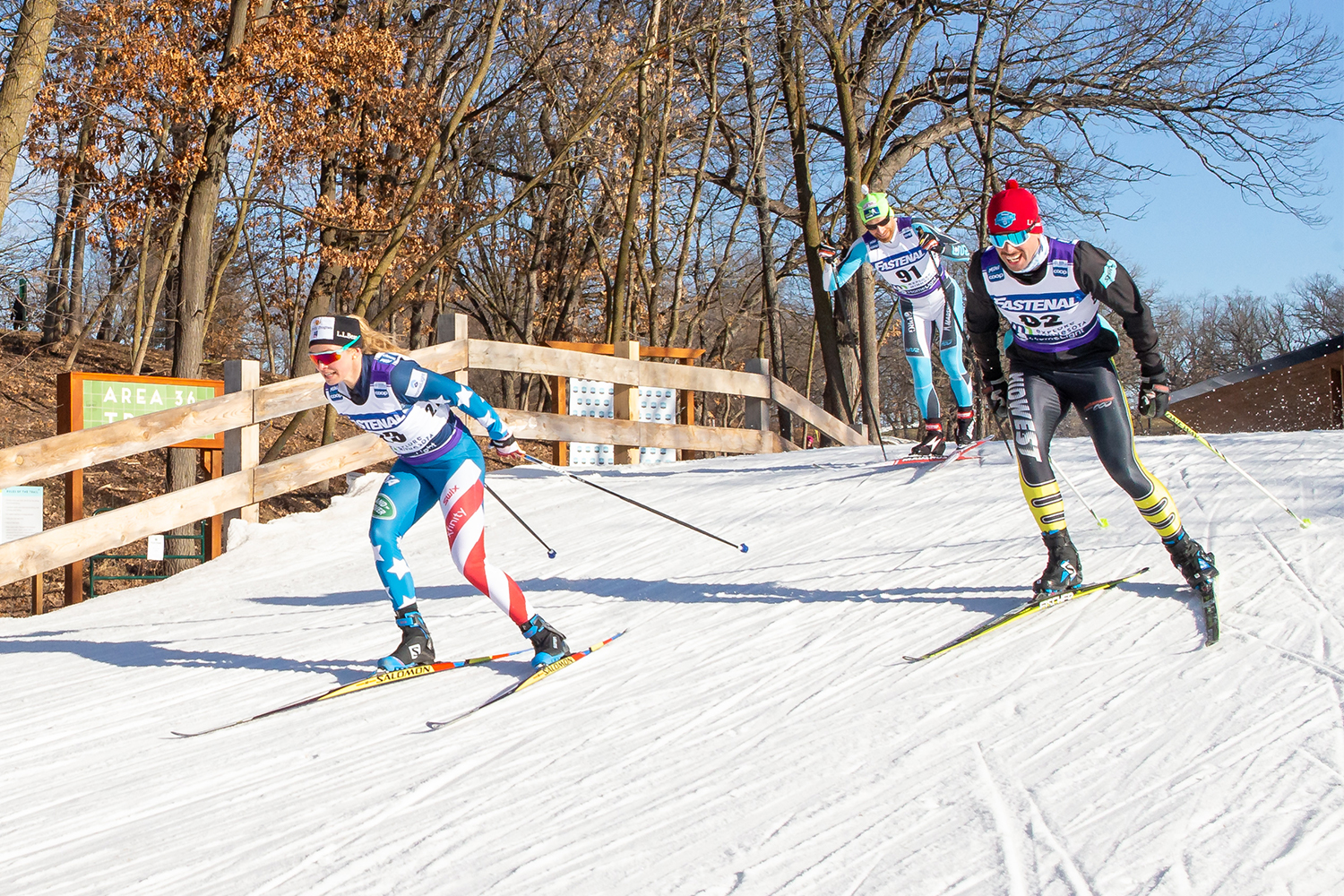
“We are waiving our trail pass fees for the rest of the season and allowing everyone the opportunity to ski through the World Cup stadium on your own time!” the festival posted on Facebook just one day after the cancelation. This heartwarming gift to the community wasn’t without a word of warning, though. “Please stay a safe distance from any other skiers you may see on the trails, and please just enjoy the pictures from home if you are sick,” the post ended.
“We didn’t want to be putting together an intentional gathering,” said Munger, noting that at the time there was a restriction on gatherings over 250 people (now the official CDC recommendation for the country is no more than 10). “On the other hand, there was a great sense of loss in our community, especially among the local organizing committee and the volunteers that have spent thousands and thousands of hours preparing for all this.”
So this Sunday, the community still came out to the World Cup stadium and skied — reveling in their hard work, relieving stress, releasing endorphins — but kept a safe distance from each other. Even Jessie Diggins came out. The Minnesota-born phenom, who became the first Olympic gold medalist in U.S. cross country history in 2018 alongside Kikkan Randall, was supposed to be gearing up for competition, but she still, in her words, ripped a fast lap.
“I think there were a lot of hugs that went unhugged on Sunday,” said Munger. “Because of the social distancing, it was just more of a smile from a distance.”
The Loppet’s delicate balance of extreme caution and necessary physical activity may just become a model for organizations and individuals across the country. A lot of the thanks has to go to Dr. Mark Bixby, a board-certified family physician with a career that’s ranged from 20-plus years as a faculty member at the University of Minnesota to a wilderness first responder instructor, who served as the head of medical services for the festival. As Munger said, the position was supposed to be low stakes. “In the end, it turned out to be the probably most important job involved with the event,” he added.
On Wednesday, we caught up with Dr. Bixby to get his take on the event coinciding with a pandemic, and how other people can safely participate in outdoor activity during this uncertain time.
“First of all, people need to take care of themselves. They need to follow the recommended guidance for not leaving one’s home if one is sick,” said Dr. Bixby, adding that social distancing, as well as frequent hand sanitizer or hand washing, is essential.
“Fortunately in the outdoor situation, particularly here in Minnesota where temperatures are cool, viruses are inactivated by sunlight and cold outdoor temperatures, so probably outdoor activities are safer than indoor activities,” he said. “And again, not in groups of greater than 10 at this point, but in small groups, skiing in my mind and from what I’ve seen in the national recommendations and literature, does not confer additional significant risk.”
What if you live in a place where it’s 80 degrees instead of 30 degrees? What if you don’t have access to equipment like cross-country skis? (After all, the building where the Loppet normally rents out skis is closed. Only the trails are open). What about other outdoor activities?
“We have to do this within context,” said Dr. Bixby. “We don’t want to be at a big event where we’re exposing ourselves to a whole lot of other people. On the other hand, these kind of individual or very small group activities like skiing, hiking, biking can be very helpful for people to maintain their own level of sanity.”
And that’s what it really comes down to: sanity. On an ending note, Dr. Bixby left off with an important piece of the pandemic response that people need to keep in mind:
“The other thing to think of is that people need to maintain their own emotional, psychological health,” he said. “Maintaining activity is one of those things that can really help.”
We need to be smart about it, but as the Loppet showed, it can be done.
Whether you’re looking to get into shape, or just get out of a funk, The Charge has got you covered. Sign up for our new wellness newsletter today.
